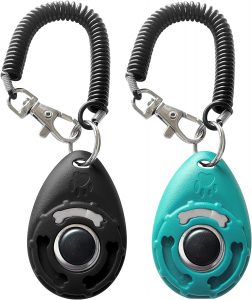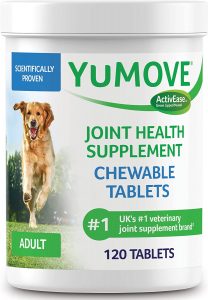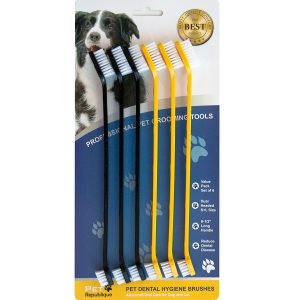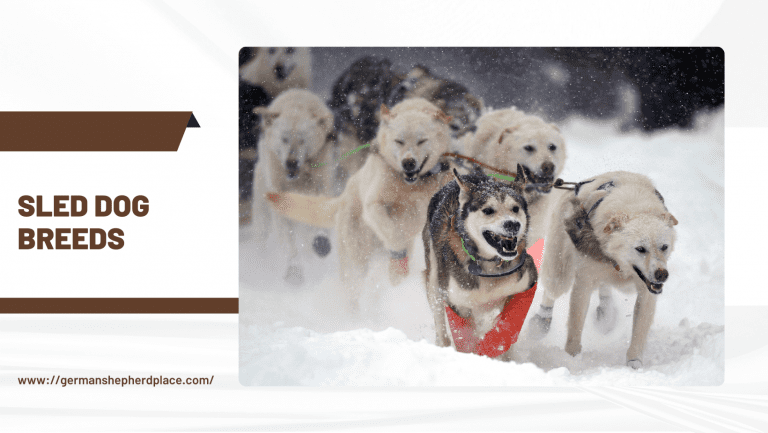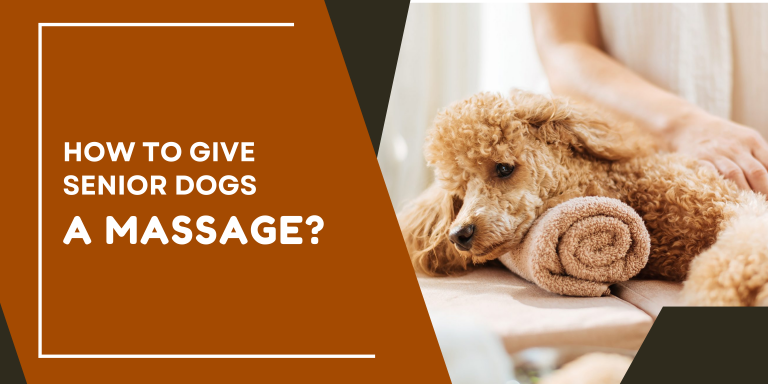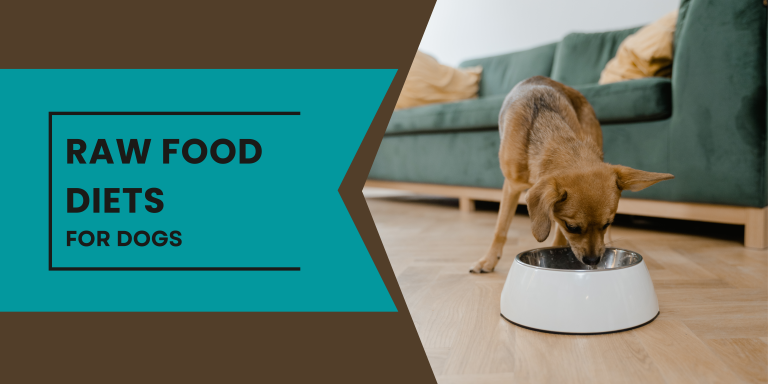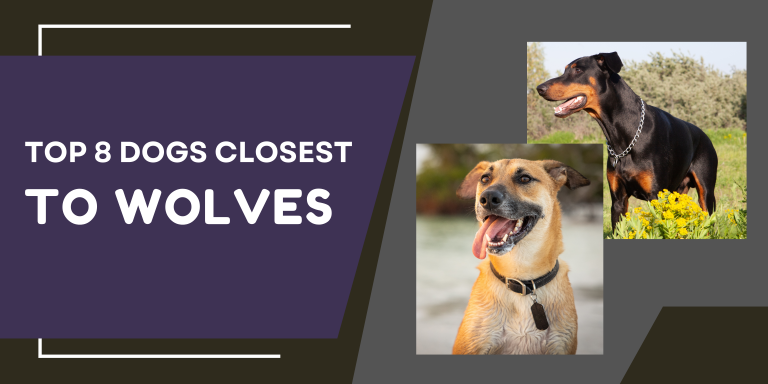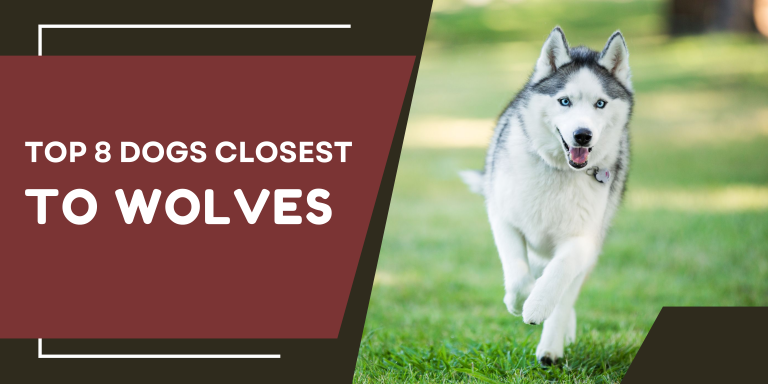HEALTHCARE FOR YOUR GERMAN SHEPHERD
Pup to Grey-Muzzle TLC
Breeding, competent veterinary care, and conscientious homecare all have a role in the health of your dog. This article is intended

to provide a useful introduction. We recommend that you seek the advice of your veterinarian or other qualified professional in all matters pertaining to the health of your animals.
From a health standpoint, other factors aside, the best place to get your dog is from a reputable German Shepherd breeder. A breeder takes measures to minimize the incidents of hereditary problems in their selection of breeding pairs. In our article Where to Get Your German Shepherd, we’ll give you more on the subject.
Your New Pup
Nature’s Immunity
The first “preventive health treatment” your pup receives is from the dam – his mother. The mother’s milk provides immunity from disease and infection for the first 8 to 10 weeks. The mother’s health should be carefully guarded before and during pregnancy, since any parasites or infections present in the dam can be passed to her litter.
Choosing a Vet
If possible, get a recommendation for a good vet from the breeder, or from a German Shepherd Dog owner. A vet experienced with GSDs is preferable. Whether it is a one-man or woman show, or a larger practice, you’ll want the same vet to see your dog whenever possible, so that your GSD can form a bond with that person. A larger practice offers the benefit in special situations with your dog, where a second opinion may be helpful.
First Vet Appointment
Plan on having your first vet appointment right away when you get your pup; and you’ll need to bring your dog’s health records with you. Your vet will give him a thorough examination and set up a vaccination schedule, after checking the breeder’s records for any immunizations your pup has already received. Your vet will start you on the appropriate preventive regimen for your German Shepherd.
Spaying and Neutering
Unless you are planning on breeding your dog, it is recommended that you spay or neuter. There are several benefits to this, in addition to not being a party to producing potential orphan pups. Female dogs are in heat (estrus) twice a year, at which time they become the target of every male dog around. Your unneutered male will tend to be on a perpetual quest for females. Neutering and spaying will eliminate these issues and will tend to reduce the aggression of your dog, male or female. Early spaying reduces the likelihood of a female dog contracting breast or uterine cancer. Spaying is recommended at 6 months, prior to the first heat which happens between the ages of 7 and 9 months. For your male dog, neutering eliminates the possibility of testicular cancer. Hold off neutering your male dog until he is at least 18 months, with 2 years being the preferred age.
For more detail on the topic of neutering, see our blog post, Should Dogs be Neutered?
Homecare
Owner-Administered Flea & Heart-Worm Prevention
Get your vet’s advice on the right preventive care for your dog. This is because your local region and climate have bearing on such matters. Typically a dog will be on a once-a-month regimen for flea and heart worm prevention. Topical flea preventive liquid is formulated to also guard against ticks, mosquitoes, biting flies and lice. Heartworm disease preventive lozenges are given to the dog with a treat, or mixed in with food. This preventive is likely to also protect your dog against ascarid and hookworm infections. Again, let your vet give you specific guidance.
The Home Checkup
Your home checkup is as easy as running down the checklist (see below) once a week.
- Mouth. Check for any sores, cuts or swellings. Your pup’s breath should smell fresh. Brush his teeth.
- Eyes. Make sure the eyes are clear and bright, with no excessive discharge
- Ears. There should not be any strong odor. Check for redness or discharge
- Nose. Look for thick or colored discharge. The nose may be dry or wet; either is fine.
- Skin. Look for parasites, using a close-toothed metal comb. See that there are no bumps, crusts, red spots or hair loss.
- Feet. Look for cuts, split nails or misaligned toes.
- Anal region. There should be no discharge, swellings, sores or redness.
In addition, check for any lameness, changes in weight, and any lumps or swellings. Notice if there are discharges from the vulva or penis. Look for changes in appetite or water consumption. Anything out of the ordinary should be observed, such as coughing, lack of energy or breathing trouble.
Caring for a Sick GSD
Upset Stomachs
If your GSD vomits or has diarrhea it’s likely the result of a minor gastric upset. In such cases his stomach will probably settle before the day is up. What causes this kind of thing? There are several possibilities: A change of dog food can do it; or your dog may have eaten something like a dead fish off the beach, garbage, or too much food! An upset stomach can also be the result of excitement or anxiety. In such cases it is a good idea to withhold food for 12 hours to give your dog’s stomach a rest. If diarrhea or vomiting persist beyond 24 hours, see the vet right away. In the case of projectile vomiting, don’t wait but see the vet immediately.
Cuts and Scrapes
Clean small wounds with warm water or saline solution, using tweezers to remove splinters or grit. Put on some antibiotic ointment. You don’t need to bandage, unless the wound is on a paw. Deep cuts or extensive bleeding should be attended by a vet.
Cold Symptoms
Your dog won’t get colds, but he can display cold-like symptoms which may indicate other problems. Coughing can indicate a respiratory ailment, an inhaled irritant or congestive heart failure. The occasional cough is no reason for concern, but if it is protracted or attended by heavy breathing, running eyes and nose or by bloody phlegm, you should see a vet. If your dog sneezes he’s usually just dealing with a minor nasal irritation, and a nose that runs from time to time is not considered problematic. However, frequent sneezing or a runny nose that continues for more than several hours are both reasons to see the vet.
Read More: Can You Shave Your Shepherd Dog?
Hereditary Conditions
Hip Displaysia
Early detection of Hip displaysia is possible through hip radiographs. Ratings can be obtained based on radiographs, to indicate whether displaysia is present, and its seriousness. Ratings are not given until a dog is 2 years old, although preliminary or provisional ones may be obtained before that age, to facilitate the beginning of early treatment. Hip dysplasia gets progressively worse. Mild cases may not need surgery, but serious cases, which left alone can become painful and severely crippling, can be operated on. This involves surgically altering the orientation of the hip socket, improving its fit with the femur head. For older dogs, total hip replacement is an option.
Other Hereditary Skeletal Conditions
German Shepherds can be prone to Elbow dysplasia, with possible lameness in the front legs. Corrective surgery involves a simpler procedure than with Hip dysplasia. Other conditions are Panosteitis, an inflammation of the long bones causing lameness, and Pituitary dwarfism where a growth hormone deficiency causes stunted growth. These can be treated with some success.
Degenerative Myelopathy
Degenerative myelopathy is a neural condition effecting mature dogs, which causes gradual loss of control over the hind limbs until they become totally inactive. The condition can spread to the front legs. With early detection of DM, treatment can have some success.
Hereditary factors can in addition produce digestive, circulation, immunological problems, cancer, and certain parasites.
A keen eye on the part of the German Shepherd Dog owner for out-of-the-ordinary behavior or appearances, plus regular veterinary checkups will contribute greatly to the likelihood of early detection and successful treatment.
Read More: Tinkle Bells For Dogs
As Your Dog Ages
The golden years of your GSD can be a special time for you both if you exercise good judgment on behalf of your canine friend. Much of the lifestyle choices for aging dogs are similar to those for humans. The most fundamental of which pertain to diet and exercise. If you let balance and commonsense be your guide you cannot go far wrong.
Because your dog’s immune system may weaken with age, he can be more susceptible to health problems. Therefore, it is a good precaution for your dog to see the vet twice a year. In addition you should protect your older dog from getting chilled or overheated and from situations that may cause stress.
Diet
As your dog ages, you’ll need to be more vigilant about his weight since he’ll have a slower metabolic rate as he ages. Coupled with the likelihood of a less vigorous exercise regimen, he’ll tend to increase in weight if his food intake in not adjusted. It is important to avoid excess weight because of the strain it would put on your dog’s system. This is especially so for GSDs with their proneness to hip and elbow problems. On occasion a German Shepherd may lose weight as he ages, a situation which can often be remedied by food with higher-grade protein. A good quality puppy food will provide this – the key being to give your dog higher quality not quantity. See the article Food for Your GSD for more.
Exercise
Dogs require less exercise as they age, and activities that are overly hard on the frame should be avoided. But regular exercise is still a must, with walking and swimming being good low-impact activities that won’t stress the joints. Walking should be moderated to provide a regular workout, without your dog getting overly tired. Swimming can be perfect, but be sure your GSD doesn’t get chilled in the process.
Read More: Dog Collar Bells
Behavior Changes
As your German Shepherd gets up in years he will prefer a simpler life and will become more set in his ways. Your GSD can get cranky over the playful ways of younger children and pups.
With the information we’ve given, plus your good sense and a competent vet, you’ll no doubt do a great job with your German Shepherd, and your loyal family pet should live a full and happy life ever-enriched by the special place he has in your heart and home.
Read More: Sled dog breeds
A Message from the Publisher
We’d enjoy hearing from you!
If you have a moment, let us know what you liked about this article. Plus, share your suggestions – we would value your input. Post comments below, or write, contact@germanshepherdplace.com.
Related Links:
- https://en.wikipedia.org/wiki/Dog_health /By Wikipedia
- https://en.wikipedia.org/wiki/Pet_insurance /By Wikipedia
- https://en.wikipedia.org/wiki/Veterinary_medicine /By Wikipedia
- https://en.wikipedia.org/wiki/Therapy_dog /By Wikipedia
- https://www.wikihow.com/Care-for-Dogs /By Wikihow
- https://www.wikihow.com/Keep-a-Dog-in-Good-Health /By Wikihow
- https://www.wikihow.com/Take-Care-of-Your-Dog%27s-Basic-Needs /By Wikihow

